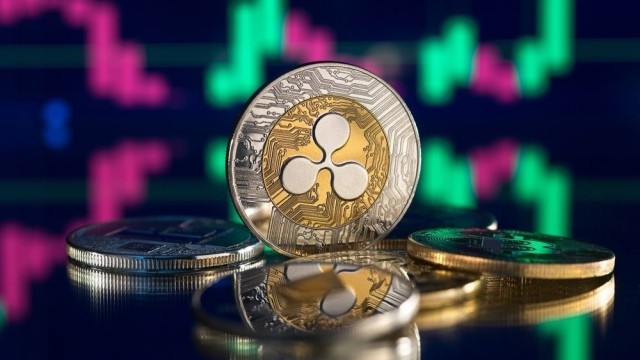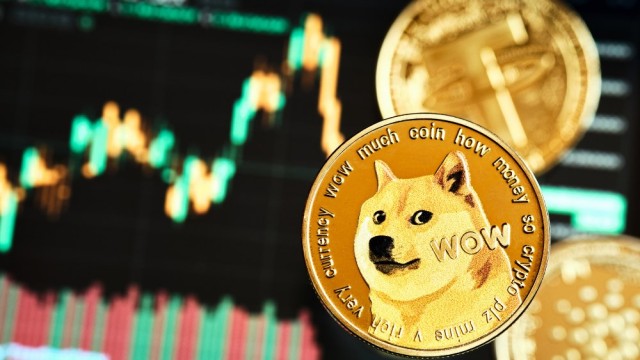Ripple (Xrp): The Future Of Payment Systems
- Posted on October 27, 2023 7:37 AM
- Crypto Discover
- 953 Views
In the constantly evolving and expanding world of cryptocurrencies, you've likely come across the name Ripple (XRP) more frequently. Ripple is an innovative cryptocurrency and payment protocol aiming to transform financial transactions globally. In this article, we will delve into what Ripple is, how it operates, and why it's considered the future of payment systems.

What Is Ripple?
Ripple is a payment protocol and digital currency established in 2012 by Jed McCaleb and Chris Larsen. The platform, developed by Ripple Labs, is designed to expedite international payments and eliminate borders between financial institutions. Ripple strives to achieve these goals using its own digital token, XRP.
How Does It Work?
Ripple employs a decentralized ledger technology, meaning that transactions are verified and recorded without the need for a central authority. Ripple's key feature is facilitating fast and cost-effective international money transfers. While traditional bank transfers may take days, Ripple can reduce the process to seconds. This provides a significant advantage, especially for financial institutions.
Why Is It Important?
The significance of Ripple is based on several factors:
-
Swift Transactions: Ripple allows for extremely fast transaction processing. This is particularly advantageous for international trade and payments.
-
Low Costs: While traditional bank transfers come with high fees, Ripple transactions are considerably cost-effective. This results in lower transfer expenses and more competitive transaction fees.
-
Ideal for Financial Institutions: Ripple targets financial institutions and banks as its primary audience. These institutions can enhance customer service and reduce costs by using Ripple.
-
XRP Token: XRP is the cryptocurrency used within the Ripple network. This digital asset is used to provide liquidity in transactions and cover transfer costs.
Ripple stands out as a project aiming to revolutionize the financial world. With its fast transactions, low costs, and suitability for financial institutions, Ripple might play a significant role in the payment systems of the future.

